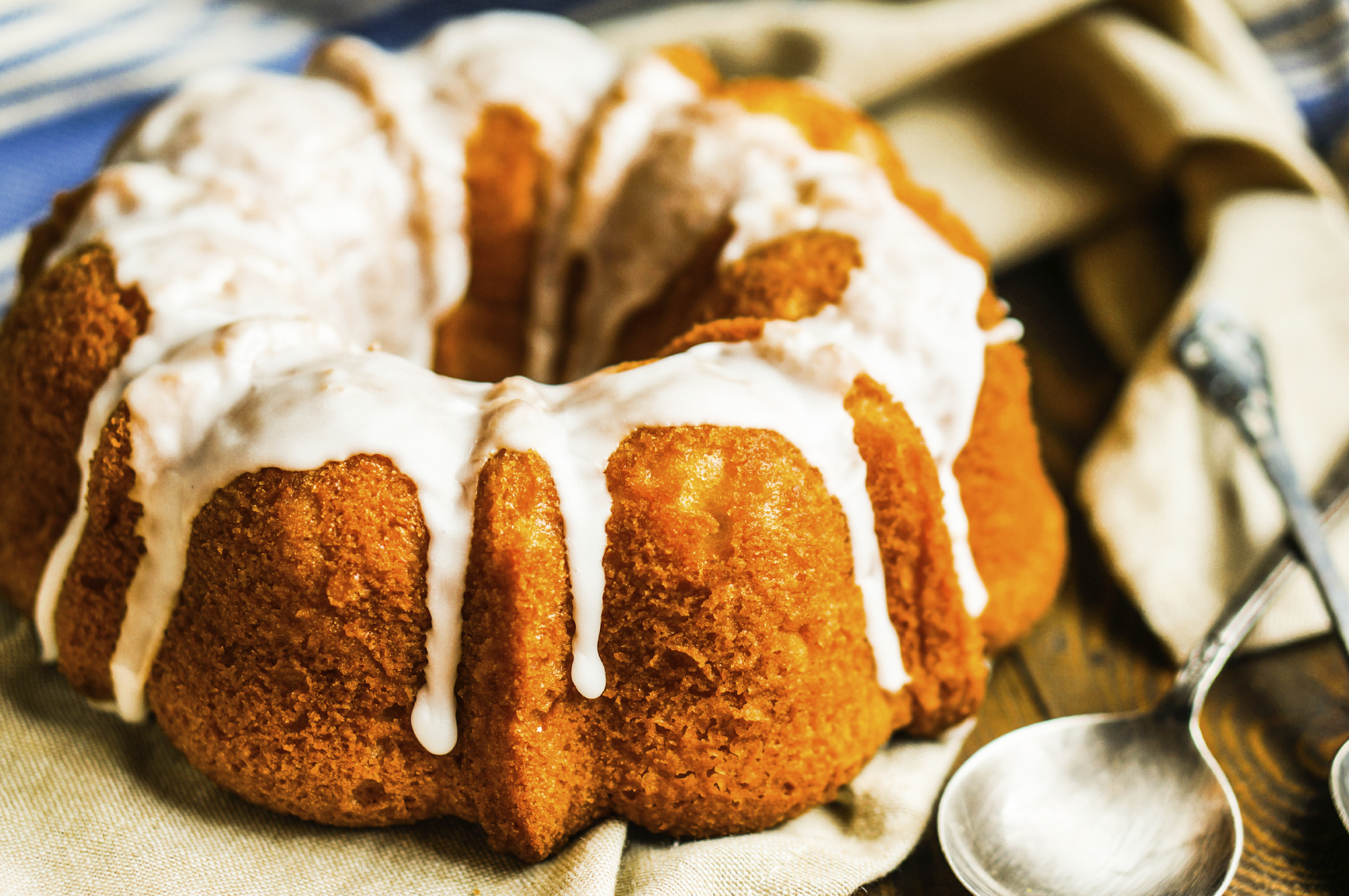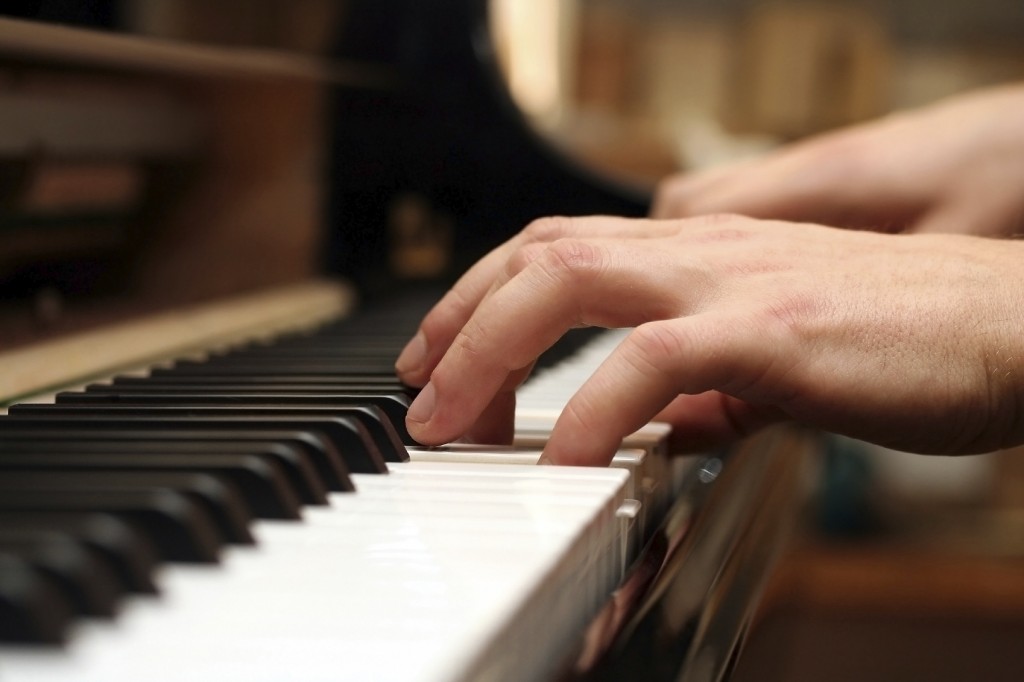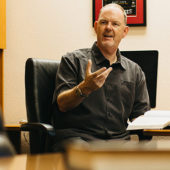Rosie, the matriarch of our little country church, scooted through the crowd and down the center aisle to find me before the postlude even began.
“Can you bring a dessert to the church supper Friday night?” she asked, pressing a pen into my hand. She held up a clipboard, and I froze before I looped the first curve on my cursive J.
Rosie asked me to deliver a dessert, for Pete’s sake—not next Sunday’s sermon. But I stood paralyzed while envisioning her perfectly coiffed desserts. Truth is, I can’t bake.
I blinked away the panic and wrote my name—my oath to bring a 9-by-13-inch pan of something edible.
Friday came. I pored over recipes. Panic returned. The word “oleo” threw me. Is that butter or margarine? I can never remember. And would I really have to sift the flour?
I closed the cookbooks and found a boxed brand of brownies in the pantry. Maybe no one would notice.
The instructions sounded simple: mix oil, water and two eggs; then bake for 30 minutes.
But somewhere between the laundry and the ringing phone, I forgot about the brownies. Forty-five minutes later, I was pulling chocolate-fudge bricks from the oven.
I flopped my forehead onto my potholders, battered by resurfacing waves of insecurity.
I’d felt this way before, back when we first moved to this farm from the city where I worked as a news reporter. I’d spent years chasing the next big story and felt at ease asking tough questions of the police chief, the governor, or even the U.S. president.
Then we moved to the farm. Suddenly this gutsy reporter froze in all the places I thought a proper farm wife should serve—like the church kitchen. At playdates, other mothers shared tips on canning and piecrusts. I could hardly sew a button on. Meanwhile, my tailored suits, still on hangers, began to collect dust in lines along the shoulders. I no longer knew where I fit in.
With the passage of years, I grew more comfortable in my skin. The pressure to fit, as it turned out, was mostly self-inflicted.
But a botched batch of brownies was just enough to make me second-guess whether I really fit. I chiseled the brownies into the garbage with a knife, then dialed my mother, who offered a no-fail recipe she’d used before.
I walked through the church-kitchen door just in time and handed Rosie my dessert. She set it down right next to hers.
I stared at the curving patterns in her whipped topping, swirling like a cumulonimbus sky. “Rosie,” I said, “I have to tell you: This wasn’t easy for me. I can’t bake, you know. I hope this dessert tastes okay.”
Rosie smiled through soft eyes and put a hand on my shoulder. “Jennifer, your dessert looks just fine. But I have something to tell you, too: We all have our own gifts. What good would it be if we all had the same ones?”
That night, I dished out desserts onto small plates. I saved back one piece of dessert for myself—from Rosie’s pan, of course.
Of all the dishes, hers was the first one empty. But before I walked out the door, I found my own rectangular metal pan by the sink. I shook my head and smiled.
Even my little contribution meant something after all. For my pan was empty, too.






















